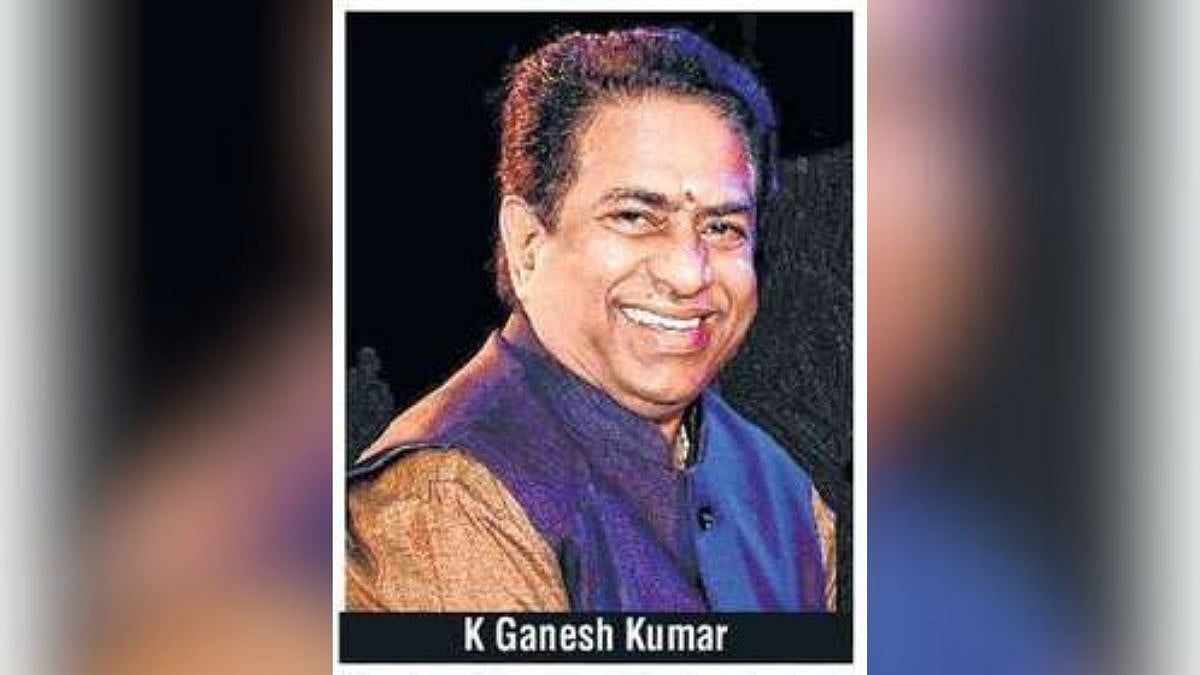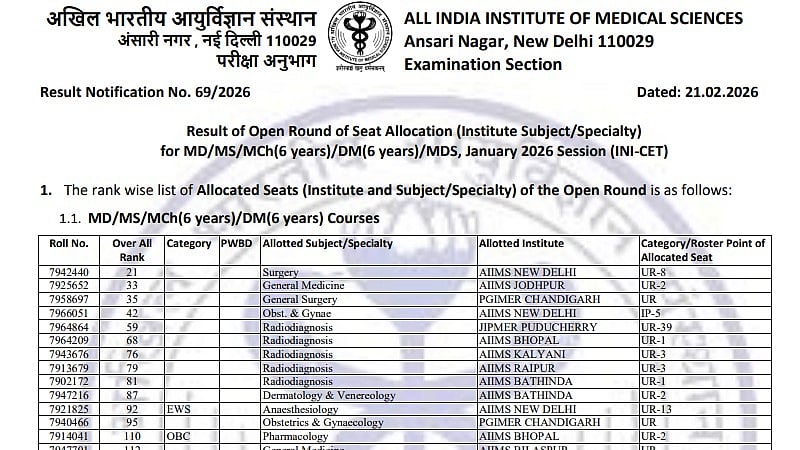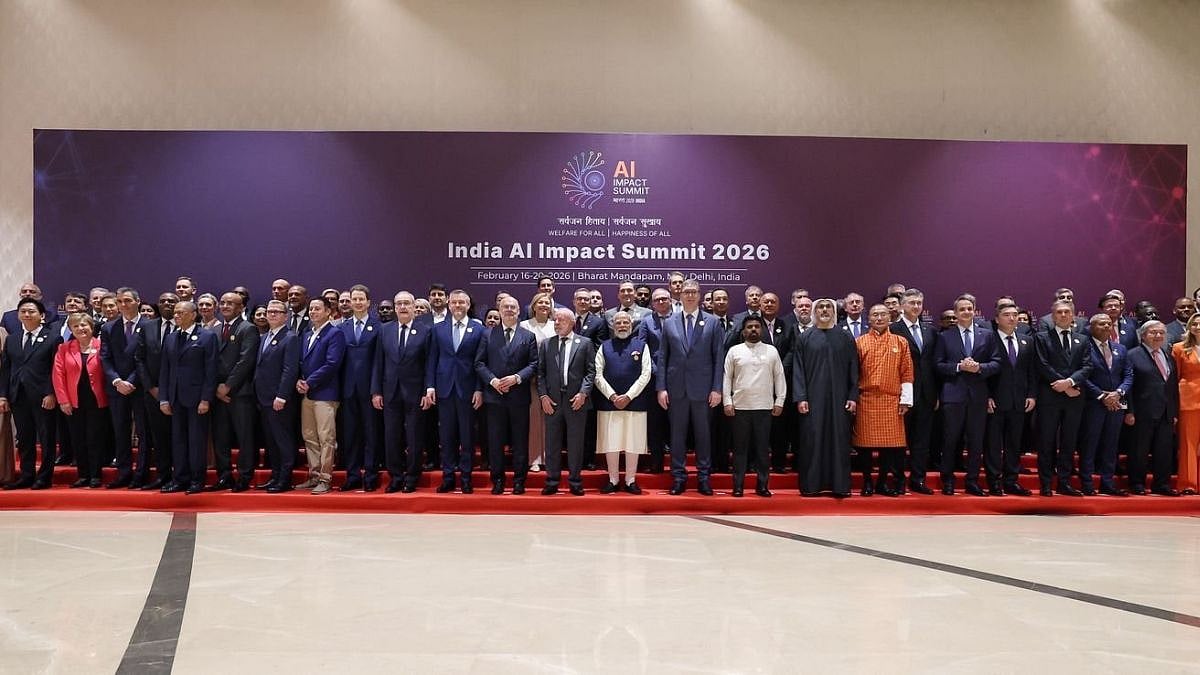K Ganesh Kumar (67) is a successful businessman who has dedicated his life to popularising abhangs (bhajans) and the Namasankirtan tradition, which seeks to reach out to the almighty through devotional music. He himself is a popular singer on whom the ‘Maharashtra Abhang Ratna’ title was conferred by the management of the famed Pandharpur temple for performing thousands of songs in praise of Lord Vitthala. S Balakrishnan spoke to him about his mission. Excerpts:
You are essentially a businessman. How did you enter the world of music?
After my college studies I worked for large corporates and had a meteoric rise. In 1986 I was invited to join Tata Group’s international business division. I gathered sufficient experience to launch my own business in International trading. But music was always with me. As a youngster I used to sing Agasthiar, Oothukkadu, Thiruppugazh, Devi and Murugan songs to Tamil audiences. This hobby later became a passion.
In the 1970s renowned abhang and ‘Bhavgeet’ singer Mohan Pai took me under his wings and taught me hundreds of abhangs and also encouraged me to perform with him in public. Slowly but surely he made me sing in his programmes. I have not looked back after that.
You are continuing the Namasankirtan tradition. What exactly is it?
Namsankirtan is a phrase used by Maharashtrian saints to take the ‘nama’ (name) of God through music and percussion and convert the same into an immersive and participative experience to attain bliss as a community. The focus is on the entire group and not just the singer.
The idea is to kindle the element of bhakti in everyone and supplement it with music. This Bhakti tradition is pervasive all over India but is more pronounced in some places where there are regular congregations: Assam, West Bengal, Andhra, Tamil Nadu, Kerala, Gujarat and most importantly in Maharashtra. The beauty in Dakshina Bhajana Sampradaya (south Indian bhajan tradition) is that it encompasses songs in many languages and especially Marathi abhangs and considers abhangs as the forerunner. This has been continuing from Sant Gyaneshwar’s period – almost 750 years – and is unstoppable. The tradition winds through singing the glory of Vithala, Pandharpur, their own expression of their life, etc, and connects to the masses. When I performed at Pandharpur sanctum santorum just 10 days ago, I could experience the charge.
You started a TV channel entirely dedicated to classical music. What has been the response?
INSYNC TV is dedicated to Indian classical music and dance and is probably the only channel in this domain watched by almost 30 million people. Hindustani, Carnatic, sufi, ghazal, indie music, new gen music, fusion and all other forms of classical dances are featured on a 24x7 basis. About 90 % of the content is proprietary.
We are today the largest platform for classical music in the world. We are equally active on social media to connect with the young generation. The viewer profile is eight years to 80 years and possibly the only having a heterogeneous and informed footprint all over India.
Initial phase was quite challenging as you need huge funds to develop your content and this put a lot of stress, but we kept it going and today, in the 10th year, have proved that it is a commercially viable proposition.
The viewer profile is now more towards the youngster as it provides quick and interesting answers to difficult nuances of classical music through educational content. We have made well researched short clips of fives minutes on all Indian music Instruments and this is quite popular and first of its kind.
Do you think the younger generation cares for classical and allied music?
There is a resurgence in our tradition and music amongst youngsters, which has sustained for centuries. They have now realised that it was Bharat that taught the world the science of music through Bharata Muni’s Natya Shastra, Sarangadev’s Sangeeta Ratnakara, treatises by Dattila Muni and many more. It can only grow.
If someone wants to pursue singing or play instruments, there is no escaping from learning classical music. SPIC MACAY has been doing a wonderful work in this area. I am now trying to spread good music in Navi Mumbai as the chairman of Kalakendra of the new Bharatiya Vidya Bhavan, Vashi.





